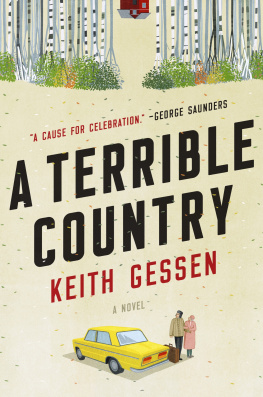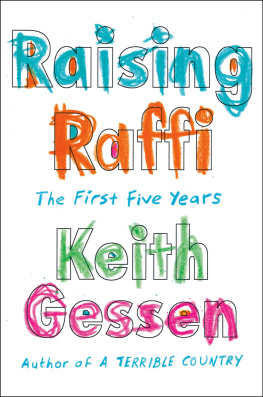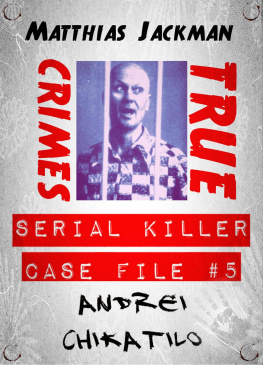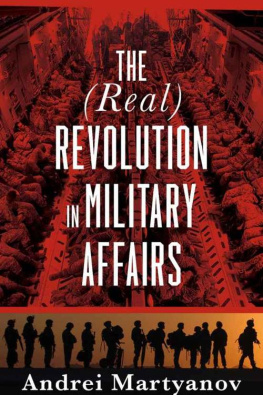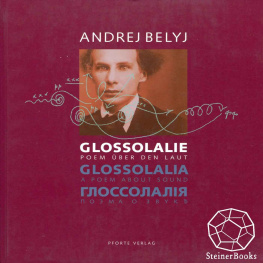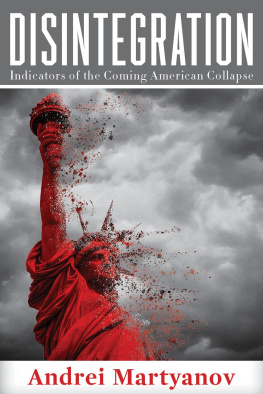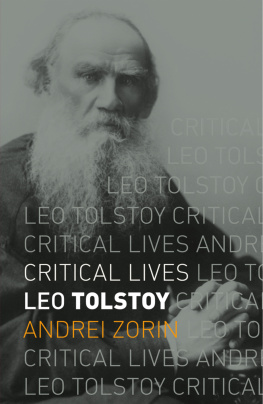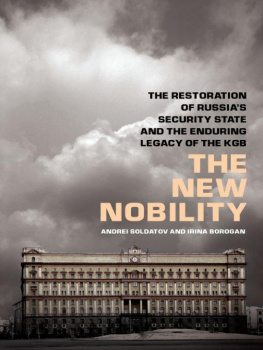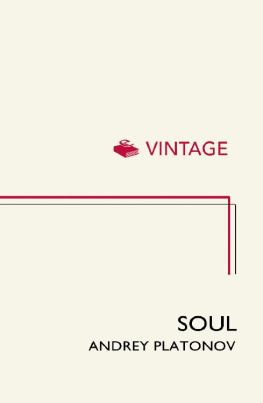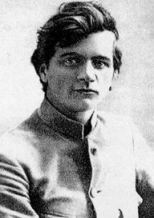Penguin supports copyright. Copyright fuels creativity, encourages diverse voices, promotes free speech, and creates a vibrant culture. Thank you for buying an authorized edition of this book and for complying with copyright laws by not reproducing, scanning, or distributing any part of it in any form without permission. You are supporting writers and allowing Penguin to continue to publish books for every reader.
This is a work of fiction. Names, characters, places, and incidents either are the product of the authors imagination or are used fictitiously, and any resemblance to actual persons, living or dead, businesses, companies, events, or locales is entirely coincidental.
1.
I MOVE TO MOSCOW
I N THE LATE SUMMER of 2008, I moved to Moscow to take care of my grandmother. She was about to turn ninety and I hadnt seen her for nearly a decade. My brother Dima and I were her only family; her lone daughter, our mother, had died years earlier. Baba Seva lived alone now in her old Moscow apartment. When I called to tell her I was coming, she sounded very happy to hear it, and also a little confused.
My parents and my brother and I left the Soviet Union in 1981. I was six and Dima was sixteen, and that made all the difference. I became an American, whereas Dima remained essentially Russian. As soon as the Soviet Union collapsed, he returned to Moscow to make his fortune. Since then he had made and lost several fortunes; where things stood now I wasnt sure. But one day he Gchatted me to ask if I could come to Moscow and stay with Baba Seva while he went to London for an unspecified period of time.
Why do you need to go to London?
Ill explain when I see you.
You want me to drop everything and travel halfway across the world and you cant even tell me why?
There was something petulant that came out of me when dealing with my older brother. I hated it, and couldnt help myself.
Dima said, If you dont want to come, say so. But Im not discussing this on Gchat.
You know, I said, theres a way to take it off the record. No one will be able to see it.
Dont be an idiot.
He meant to say that he was involved with some very serious people, who would not so easily be deterred from reading his Gchats. Maybe that was true, maybe it wasnt. With Dima the line between those concepts was always shifting.
As for me, I wasnt really an idiot. But neither was I not an idiot. I had spent four long years of college and then eight much longer years of grad school studying Russian literature and history, drinking beer, and winning the Grad Student Cup hockey tournament (five times!); then I had gone out onto the job market for three straight years, with zero results. By the time Dima wrote me I had exhausted all the available post-graduate fellowships and had signed up to teach online sections in the universitys new PMOOC initiative, short for paid massive online open course, although the paid part mostly referred to the students, who really did need to pay, and less to the instructors, who were paid very little. It was definitely not enough to continue living, even very frugally, in New York. In short, on the question of whether I was an idiot, there was evidence on both sides.
Dima writing me when he did was, on the one hand, providential. On the other hand, Dima had a way of getting people involved in undertakings that were not in their best interests. He had once convinced his now former best friend Tom to move to Moscow to open a bakery. Unfortunately, Tom opened his bakery too close to another bakery, and was lucky to leave Moscow with just a dislocated shoulder. Anyway, I proceeded cautiously. I said, Can I stay at your place? Back in 1999, after the Russian economic collapse, Dima bought the apartment directly across the landing from my grandmothers, so helping her out from there would be easy.
Im subletting it, said Dima. But you can stay in our bedroom in Grandmas place. Its pretty clean.
Im thirty-three years old, I said, meaning too old to live with my grandmother.
You want to rent your own place, be my guest. But itll have to be pretty close to Grandmas.
Our grandmother lived in the center of Moscow. The rents there were almost as high as Manhattans. On my PMOOC salary I would be able to rent approximately an armchair.
Can I use your car?
I sold it.
Dude. How long are you leaving for?
I dont know, said Dima. And I already left.
Oh, I said. He was already in London. He must have left in a hurry.
But I in turn was desperate to leave New York. The last of my old classmates from the Slavic department had recently left for a new job, in California, and my girlfriend of six months, Sarah, had recently dumped me at a Starbucks. I just dont see where this is going, she had said, meaning I suppose our relationship, but suggesting in fact my entire life. And she was right: even the thing that I had once most enjoyed doingreading and writing about and teaching Russian literature and historywas no longer any fun. I was heading into a future of halfheartedly grading the half-written papers of half-interested students, with no end in sight.
Whereas Moscow was a special place for me. It was the city where my parents had grown up, where they had met; it was the city where I was born. It was a big, ugly, dangerous city, but also the cradle of Russian civilization. Even when Peter the Great abandoned it for St. Petersburg in 1713, even when Napoleon sacked it in 1812, Moscow remained, as Alexander Herzen put it, the capital of the Russian people. They recognized their ties of blood to Moscow by the pain they felt at losing it. Yes. And I hadnt been there in years. Over the course of a few grad-school summers Id grown tired of its poverty and hopelessness. The aggressive drunks on the subway; the thugs in tracksuits and leather jackets walking around eyeing everyone; the guy eating from the dumpster next to my grandmothers place every night during the summer I spent there in 2000, periodically yelling Fuckers! Bloodsuckers! then going back to eating. I hadnt been back since.
Still, I kept my hands off the keyboard. I needed some kind of concession from Dima, if only for my pride.
I said, Is there someplace for me to play hockey? As my academic career had declined, my hockey playing had ramped up. Even during the summer, I was on the ice three days a week.
Are you kidding? said Dima. Moscow is a hockey mecca. Theyre building new rinks all the time. Ill get you into a game as soon as you get here.
I took that in.
Oh, and the wireless signal from my place reaches across the landing, Dima said. Free wi-fi.
OK! I wrote.
OK?
Yeah, I said. Why not.
A few days later I went to the Russian consulate on the Upper East Side, stood in line for an hour with my application, and got a one-year visa. Then I wrapped things up in New York: I sublet my room to a rock drummer from Minnesota, returned my books to the library, and fetched my hockey stuff from a locker at the rink. It was all a big hassle, and not cheap, but I spent the whole time imagining the different life I would soon be living and the different person Id become. I pictured myself carrying groceries for my grandmother; taking her on excursions around the city, including to the movies (shed always loved the movies); walking with her arm in arm around the old neighborhood and listening to her tales of life under socialism. There was so much about her life that I didnt know, about which Id never asked. I had been incurious and oblivious; I had believed more in books than I had in people. I pictured myself protesting the Putin regime in the morning, playing hockey in the afternoon, and keeping my grandmother company in the evening. Perhaps there was even some way I might use my grandmothers life as the basis for a journal article. I pictured myself sitting monastically in my room and with my grandmothers stories in hand adding a whole new dimension to my work. Maybe I could put her testimony in italics and intersperse it throughout my article, like in

